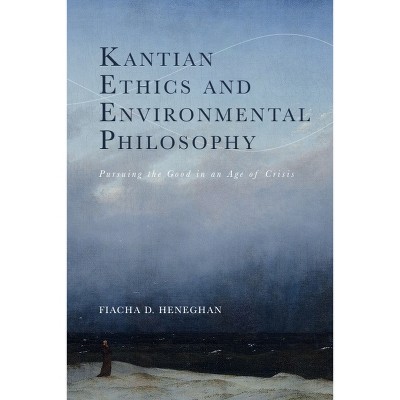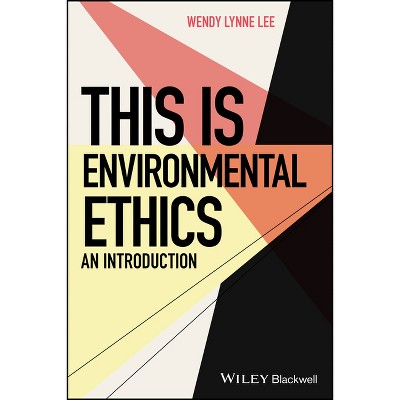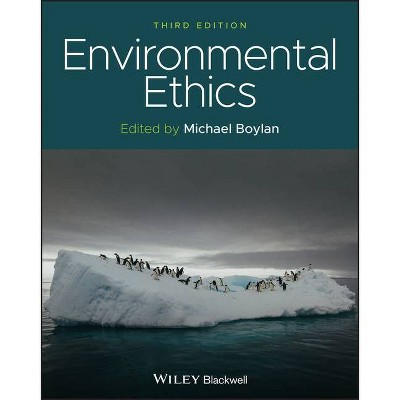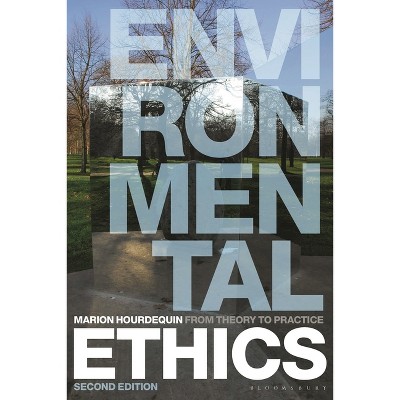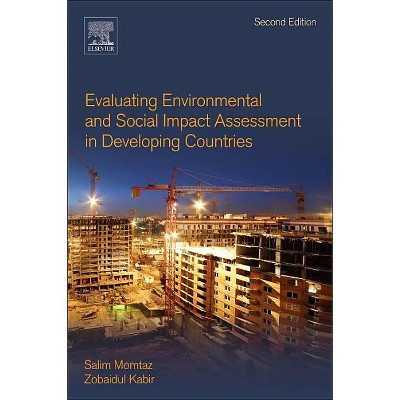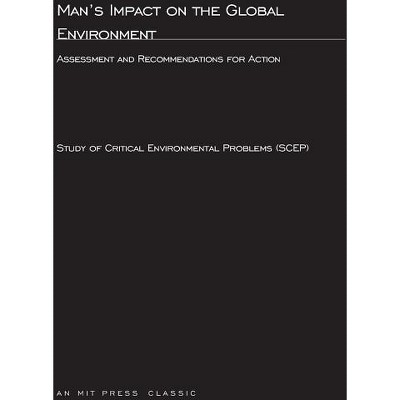Pathways to a New Environmental Ethic - (Ethics and Culture) by Steven E Alford (Paperback)

About this item
Highlights
- We live under the threat of humanity's self-inflicted extinction.
- About the Author: Steven E. Alford has taught literature, philosophy and film at Nova Southeastern University in Fort Lauderdale, Florida.
- 210 Pages
- Science, Environmental Science
- Series Name: Ethics and Culture
Description
About the Book
"We live under the threat of humanity's self-inflicted extinction. While technological approaches to climate mitigation are admirable, our ecological crisis results ultimately from an inherited, unexamined concept of selfhood and a misconceived view of nature. The received idea that our self exists inside our skull engenders an assumption that nature is "out there," with devastating results. This book explores three new ways of thinking about the interrelation of ourselves and "nature": Merleau-Ponty's notion of embodiment, the connection between enactivism and affordances, and object-oriented ontology. These approaches to selfhood reorder our moral obligations: What are our responsibilities to ourselves, our children, and nature itself? An embodied ethic based on empathy can transcend cultural biases and offer a new way of confronting climate change. To meet environmental challenges, we need to change our minds about our minds"--Book Synopsis
We live under the threat of humanity's self-inflicted extinction. While technological approaches to climate mitigation are admirable, our ecological crisis results ultimately from an inherited, unexamined concept of selfhood and a misconceived view of nature. The received idea that our self exists inside our skull engenders an assumption that nature is "out there," with devastating results.
This book explores three new ways of thinking about the interrelation of ourselves and "nature" Merleau-Ponty's notion of embodiment, the connection between enactivism and affordances, and object oriented ontology. These approaches to selfhood reorder our moral obligations: What are our responsibilities to ourselves, our children, and nature itself? An embodied ethic can transcend cultural biases and offer a new way of confronting climate change. To meet environmental challenges, we need to change our minds about our minds.
About the Author
Steven E. Alford has taught literature, philosophy and film at Nova Southeastern University in Fort Lauderdale, Florida. He has published essays on Paul Auster, Lawrence Durrell, Gavin Maxwell, and Peter Ackroyd, as well as books and articles on European Romanticism, motorcycle culture, and film. He lives in Bend, Oregon.





